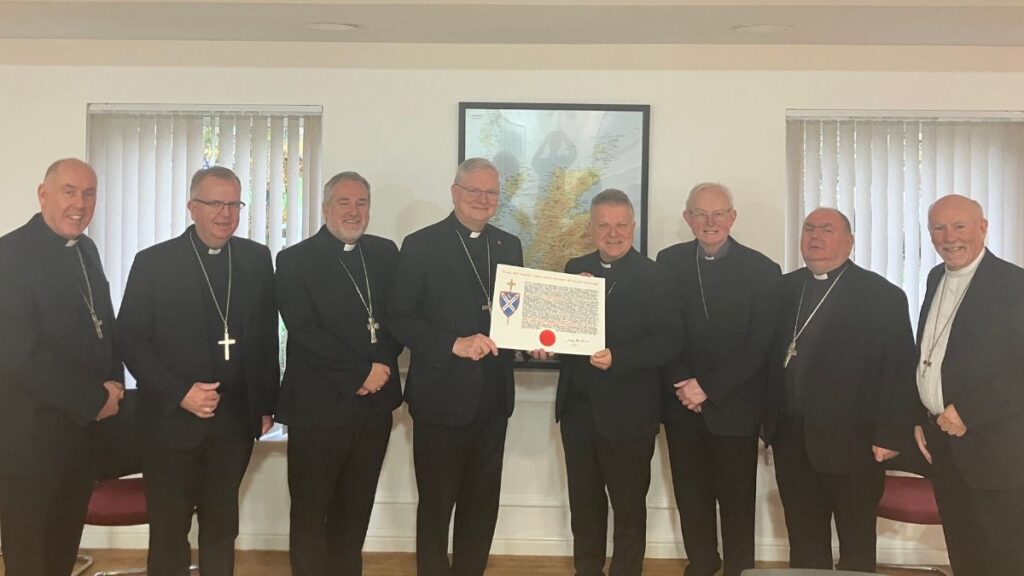Luisa Campbell is new General Secretary
Luisa Campbell will be the first member of the lay faithful and first woman to take on the role of General Secretary of The Bishop's Conference of Scotland (BCOS).
She begins the role in February 2026, when Fr Gerry Maguiness completes his second term of office.
The General Secretary supports the work of the Bishops’ Conference by coordinating its offices, facilitating communication, and overseeing the administration of national initiatives and policies.
Bishop Keenan, President of BCOS, said, "Luisa brings a wealth of experience both as a committed laywoman in the Church who has served our parishes and dioceses loyally over the years and who also has vast experience of life in the world and where she has made a fruitful contribution.
"We look forward to working with her in the service of the Church in Scotland in the years ahead.".
Luisa has been actively involved in the life of the Church in Scotland at both parish and diocesan level in the areas of youth work, parish administration, liturgy, evangelisation, RCIA and finance.
After gaining Master’s degrees in both Engineering and Business Administration, she worked for almost forty years in industry, ultimately as chief executive of a Scottish business which she led for over two decades.
Her roles involved leadership, governance, strategy, commercial finance, mergers and acquisitions and organisational development.
During that time, she also acted as a trustee of several charities, served as a non-executive director and as trustee of a large pension scheme.
Luisa grew up in the diocese of Galloway and has lived in both the archdiocese of Glasgow and the diocese of Aberdeen. Her work has taken her to every diocese in Scotland.
Luisa retired early from work in 2020 to pursue her passion for voluntary work in the Catholic Church.
Luisa said: "I look forward to serving the Bishops of Scotland in my new role as General Secretary, bringing together my experience in the Church and in the world of business.’
A statement from BCOS said: "The Bishops of Scotland would like to take the opportunity of commending and thanking Fr Gerry Maguiness for his wise, effective and tireless stewardship of the General Secretariat over the past six years.
"We wish him similar blessings as he takes up the office of parish priest of St Bride’s in Cambuslang."
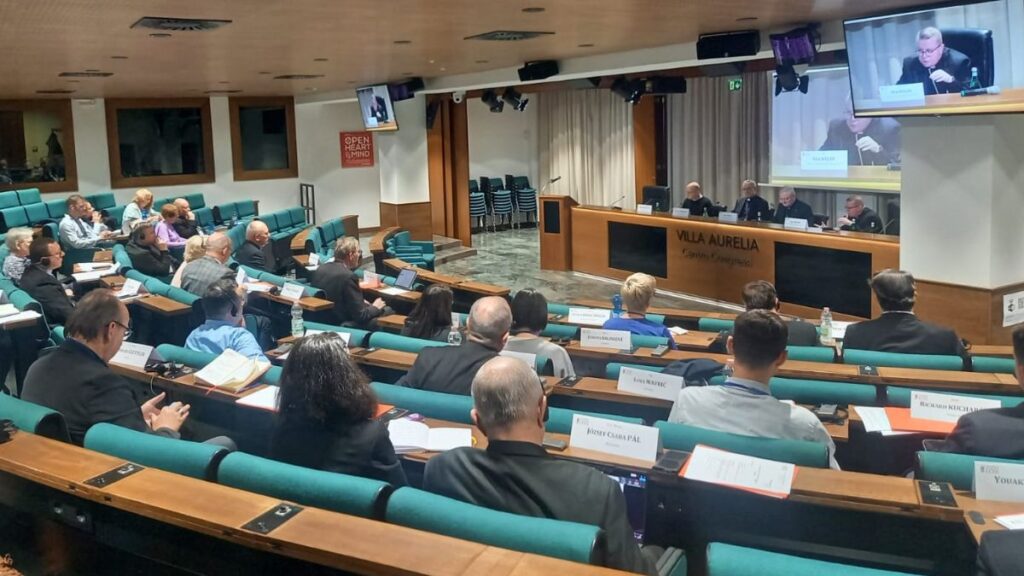
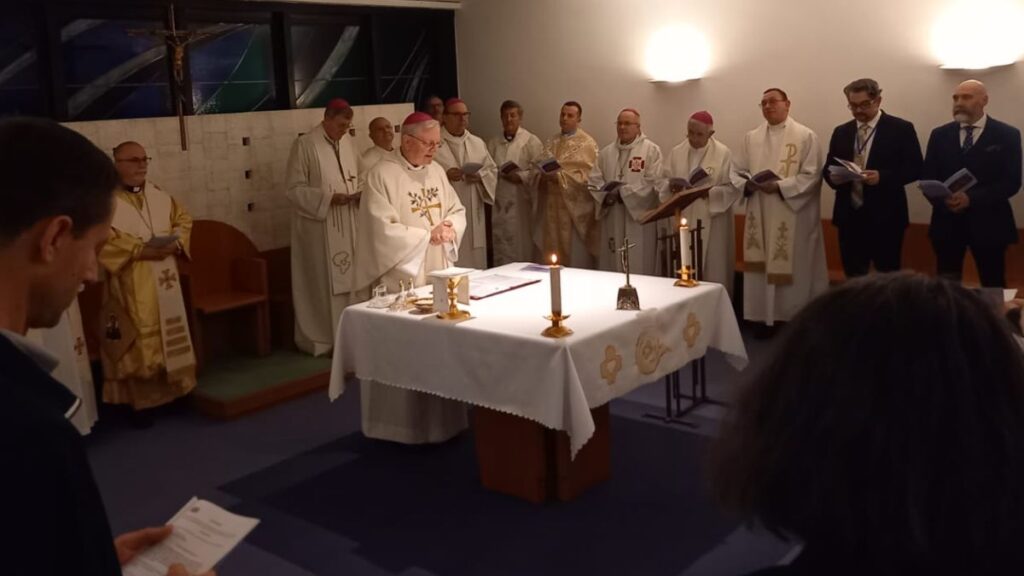
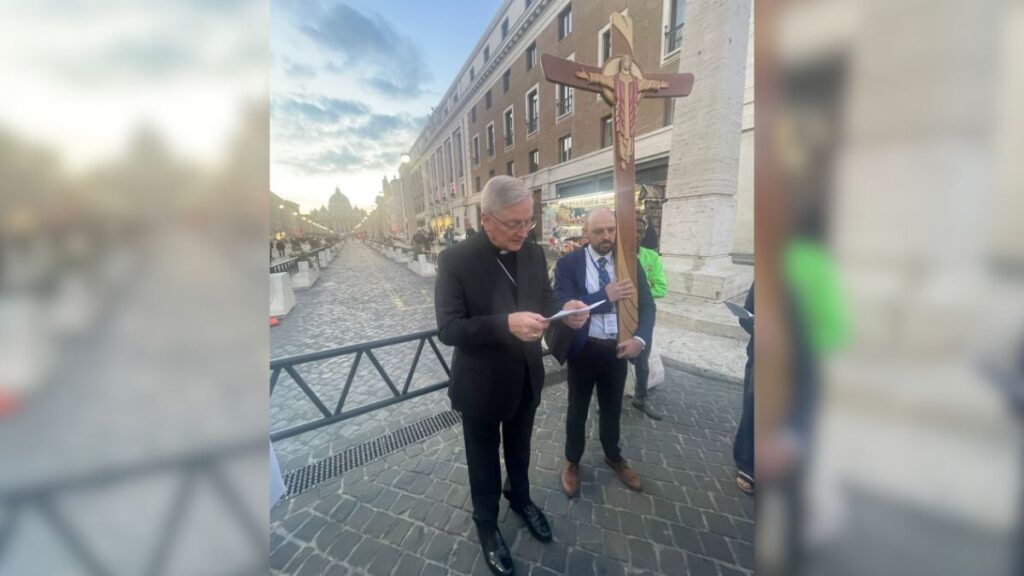
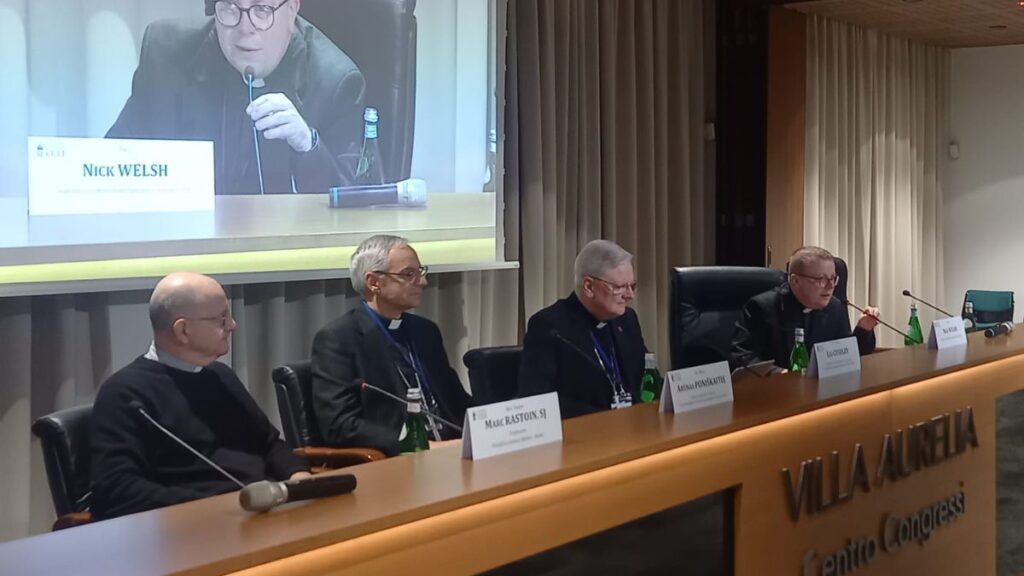
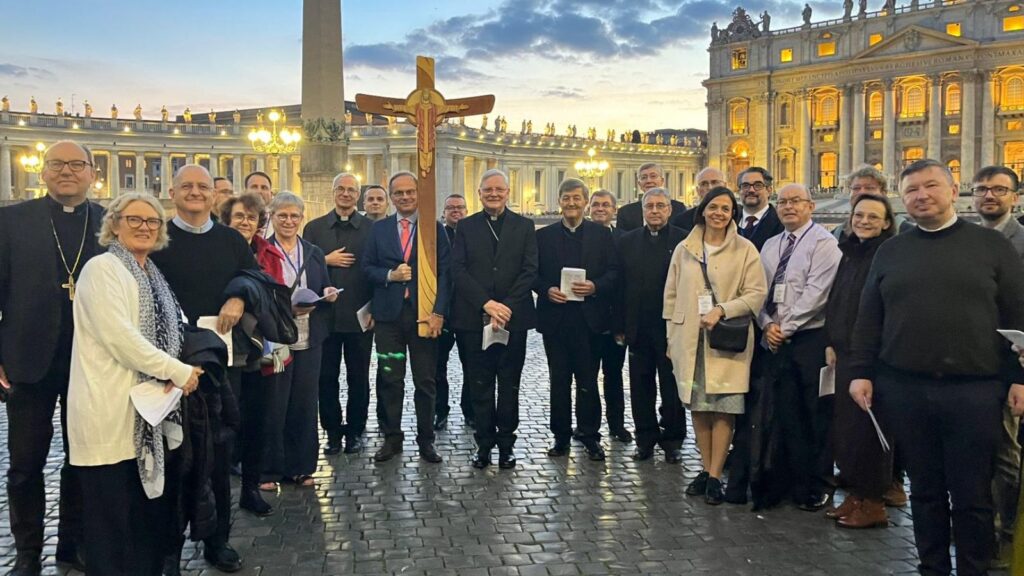
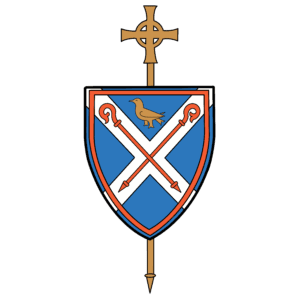 The design is registered by the Lyon Court, one of the oldest heraldic courts in the world, under the authority of The King.
The design is registered by the Lyon Court, one of the oldest heraldic courts in the world, under the authority of The King.